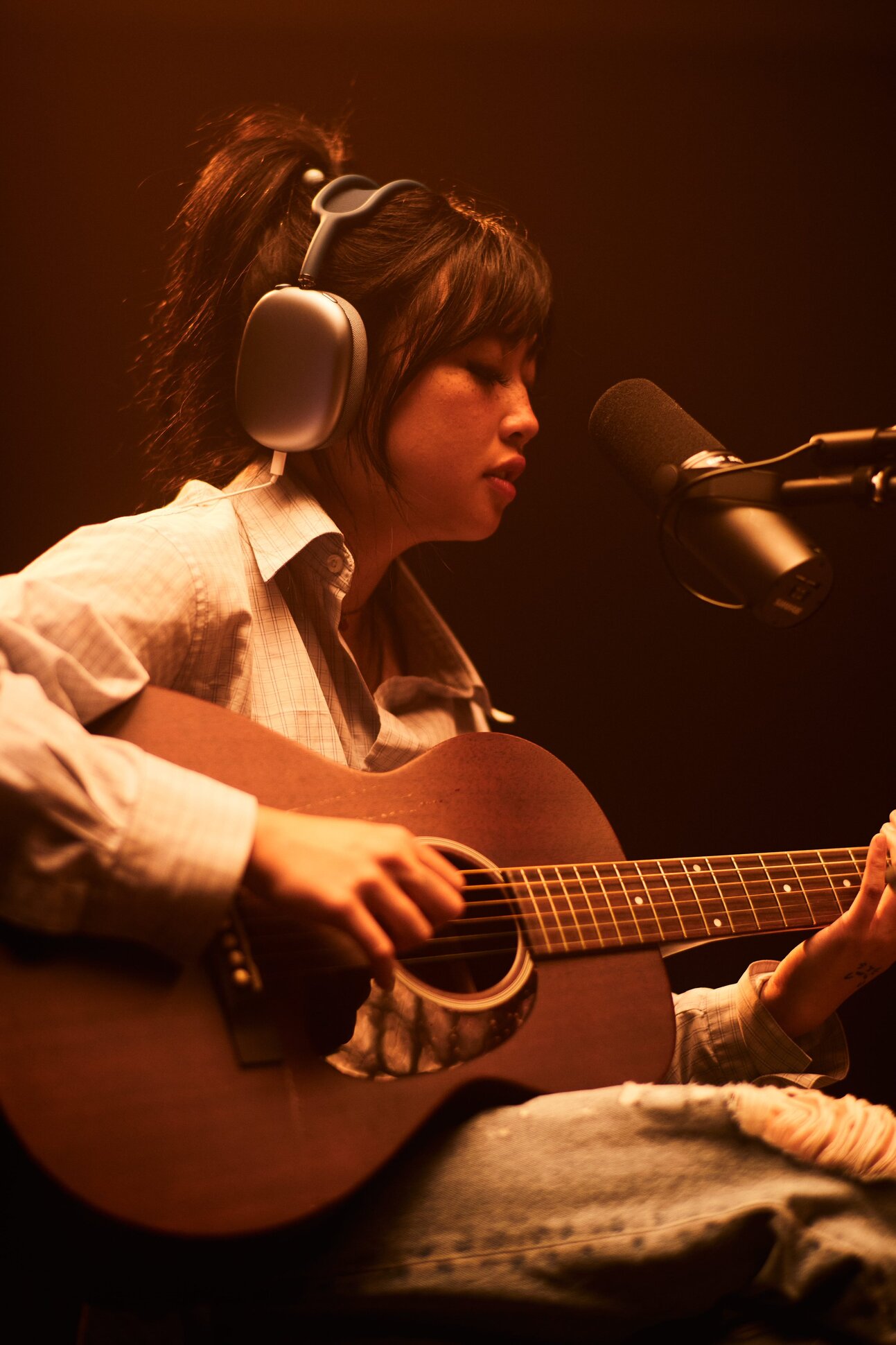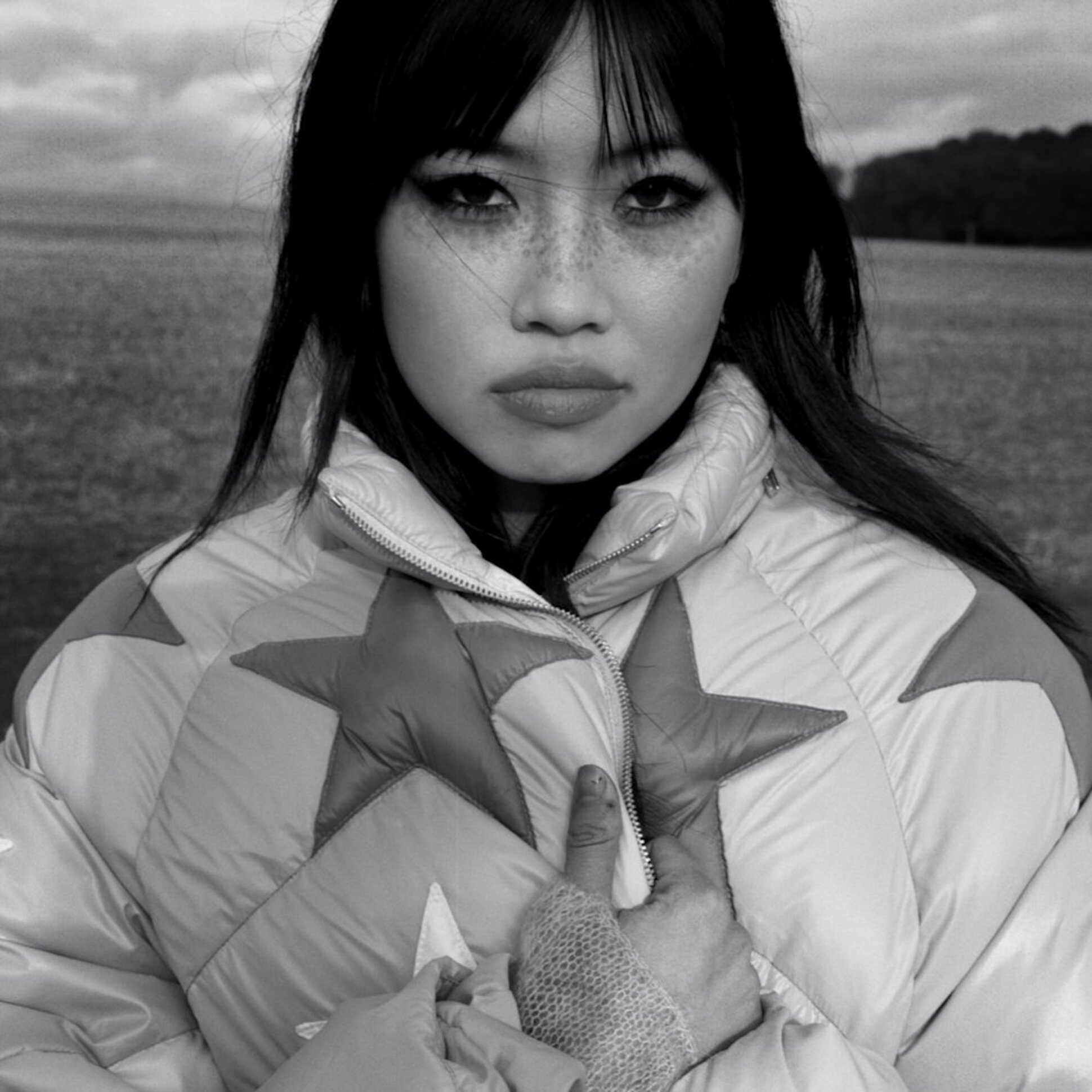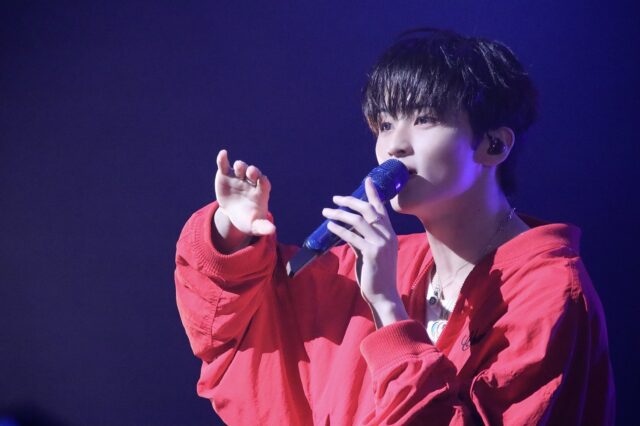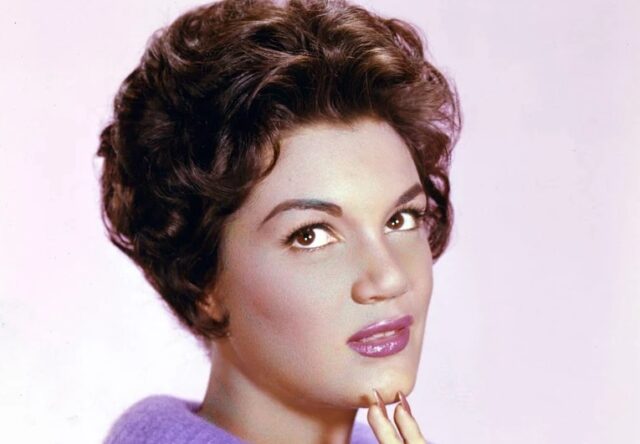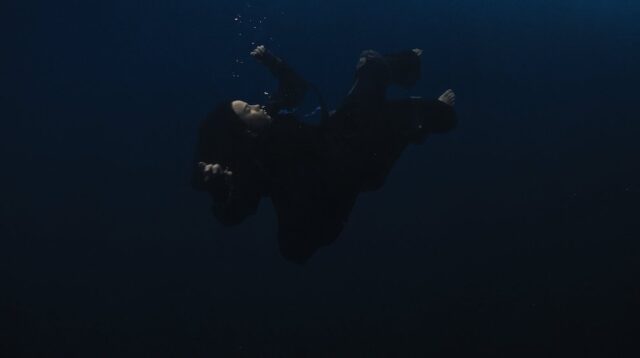Beabadoobee Unleashes a New Universe in Beatopia
A dream-like landscape. That is the world that Bea Kristi as Beabadoobee has crafted in her second full-length album Beatopia. Based on her buried childhood landscape of the same name, this album is composed of fourteen tracks bound by a single message: confronting one’s past flaws and reveling in the beauty of imagination.
Turning in the opposite direction of her debut rock album Fake It Flowers, Beabadoobee bases her newest creation on whimsical, psychedelic memories throughout her life. Each song has a different story to tell, with Kristi’s goal being, “to be that person I really needed when I was growing up, for girls that look like me, that feel like me,” she admitted in an interview with Rolling Stone.
The complexity of Beatopia is not meant to be understood but felt. Kristi’s new creation is one embedded with lessons learned and maturation, deviating itself greatly from her last album. In the process of making Beatopia, she had to dismantle the image of herself that she displayed to the world—envisioning herself as a Ramona Flowers (Scott Pilgrim v. the World) replication, with the box dye and rock influence, all without embracing her Filipino roots.
thank you for all the love with beatopia 🧚been so overwhelmed with all the lovely messages and reviews i cant read em all or else it’ll make me cry. this record is now yours as much as it is mine. beatopia is currently no.2 on the charts which is insane to me, makes me so happy! pic.twitter.com/NnqffygAGu
— beabadoobee (@beabad00bee) July 20, 2022
Discussion of these times with GQ sparked unforgettable memories for the single-songwriter as she stated, “I was trying to be someone I’m not.” Although these Western influences were present in tracks like “Dye It Red,” which was released as she had just emerged from her teenage years. Kristi has since had time to reflect on who she is rather than who she imagines being.
When I first stumbled on Beabadoobee’s music two years back, never before had I encountered an artist that expressed similar struggles. Not only was she a bedroom-pop sensation with the hit “Coffee” in her back pocket, but she was an East Asian trying to make it big in an industry that had rarely accepted us for who we were. Before long, I had become a part of her cult following: the typical lost and confused teenage girl.
Her relatability had sprouted from the ability to connect to this large demographic with which she identified. The experiences that have shaped her identity and the struggles that initially haunted her paralleled my own. Being one of few Asians in an elementary and middle school environment dominated by white children is something that we both had to experience. While I am still figuring out ways to channel that subconscious trauma, Kristi chose to take those negative moments and perhaps translate them into something productive: her music.
The masterpiece that is Fake It Flowers, which was delayed and eventually dropped amid the pandemic, did not accurately represent her mindset at the time of its release. Her debut album, which is a comforting homage to 90s lo-fi rock, constituted one of Kristi’s personas—a teenage soul trying to shape herself to fit the Eurocentric beauty standards that had preoccupied her formative days. Thus, as she embarked on her tour, she confessed, “it almost felt like I had to force myself back into the Fake It Flowers world when I was talking about the record” since she “had grown up before the album got released.”
The pandemic offered her a chance to contemplate her choices up until that point, and she realized that running away from her problems was not the answer. During this time, she opened her eyes to valuable epiphanies about what her old music represented and what she wanted to change moving forward. By coming to terms with these childhood events, she found more hiding beneath the surface: “I was almost tangled in the past and excusing my behavior as a young adult because of s—- that happened when I was a kid. But I didn’t want to be tied down anymore. I wanted to grow from that [instead of] feeling trapped in it.”
This era’s music takes us back to the very beginning— to the world that Kristi shaped for herself to avoid reality. After her creation was discovered and ridiculed by her peers, Beabadoobee had completely forgotten about it. While in isolation, she uncovered the intricate poster of her former safe haven, which included an alphabet, countries, and cities of their own. While I can relate to the painful feeling of loneliness that Kristi experienced firsthand, Beatopia is designed to resonate with everyone, for she states that “everyone has a Beatopia inside of them – it’s just finding it within yourself.”
And so Beatopia begins. Beatopia can be streamed on all major platforms. Check out Beabadoobee’s music video “Talk” below.

Columnist | K-pop Stan | Tweet me @senaho5



